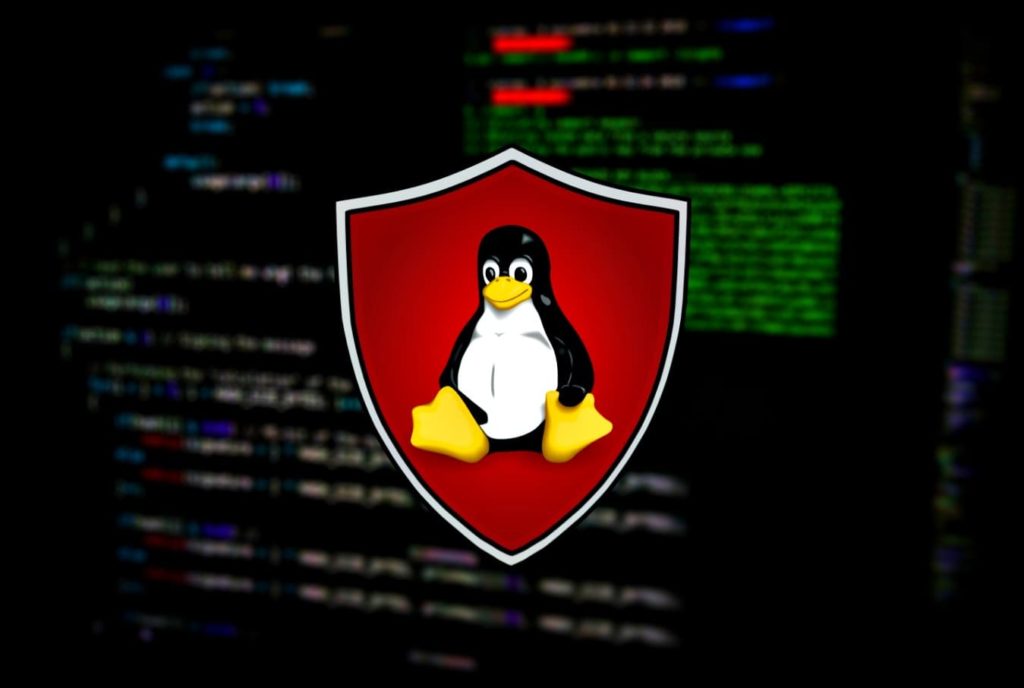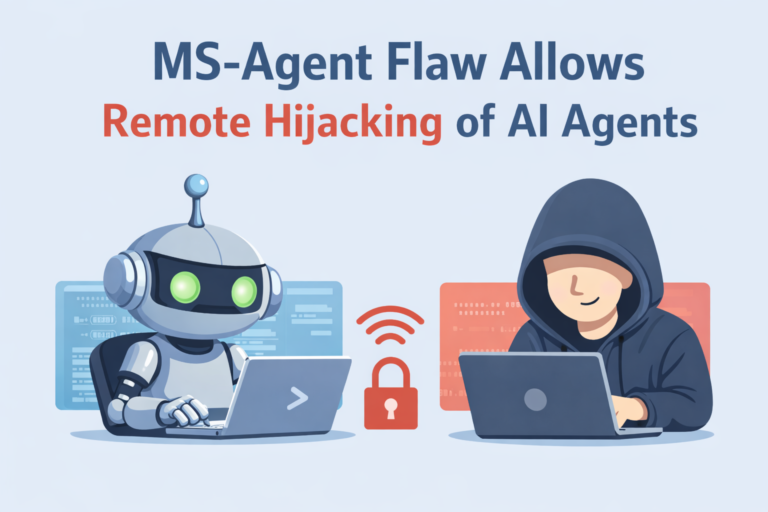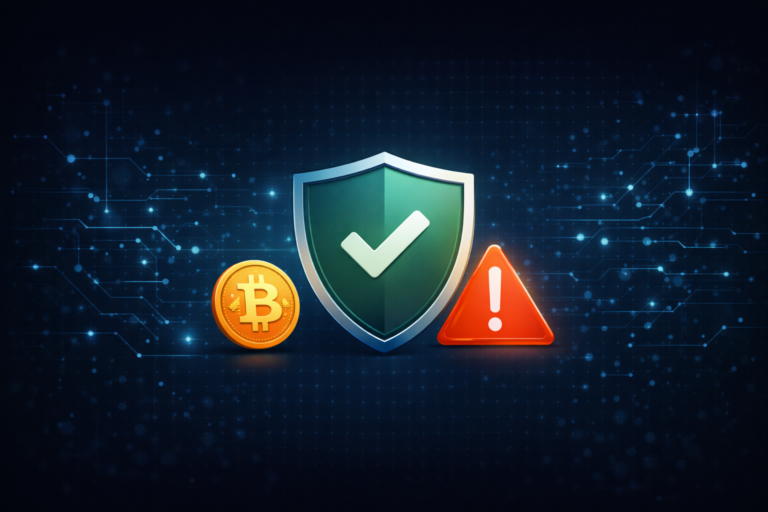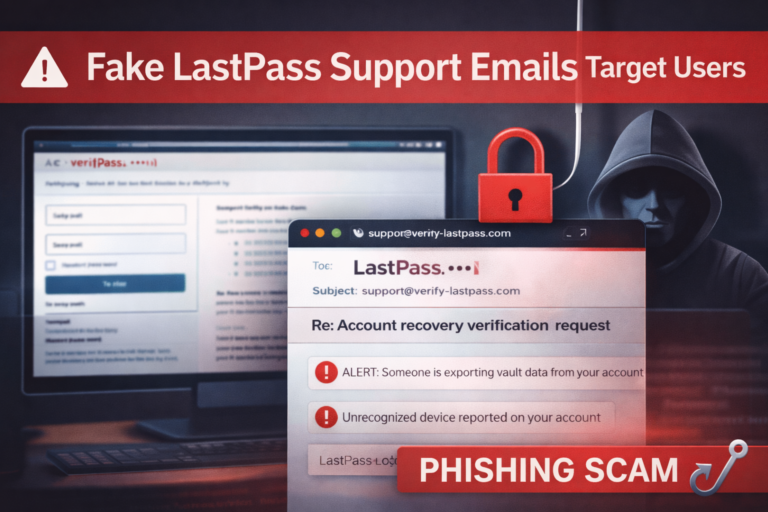
A new threat actor has surfaced, claiming a zero-day vulnerability in the Linux GRUB bootloader for local privilege escalation (LPE). This has sparked considerable concern in the cybersecurity community, with Dark Web Intelligence recently tweeting about the claim.
Linux LPE Zero-Day Exploit
The zero-day vulnerability affects the GRUB bootloader, essential for managing Linux boot processes.
Exploiting it allows attackers to bypass authentication, potentially gaining root access.
Such vulnerabilities enable stealthy malware installation, posing detection and mitigation challenges.
GRUB has faced previous attacks, underscoring ongoing security concerns.
In 2015, a vulnerability (CVE-2015-8370) was found allowing attackers to bypass GRUB authentication by pressing the backspace key 28 times at the username prompt.
This flaw affected GRUB versions from 1.98 to 2.02 and was extensively exploited until patched.
In 2020, the BootHole vulnerability (CVE-2020-10713) emerged, enabling malware installation during the boot process.
The ramifications of this new zero-day vulnerability are profound. Exploitation could grant attackers complete control over affected systems, potentially resulting in data breaches, operational disruptions, and even espionage.
Promptly responding to previous GRUB vulnerabilities, major Linux distributions such as Debian, RedHat, and Ubuntu have swiftly issued advisories and patches. Similar proactive measures are anticipated in response to this emerging threat.
Cybersecurity experts emphasize the importance of vigilance among users, urging them to apply security updates promptly. System administrators are encouraged to implement rigorous security measures to mitigate the risk of exploitation during this vulnerable period.
This latest zero-day vulnerability in the Linux GRUB bootloader underscores the persistent challenges in safeguarding critical system components. As the cybersecurity landscape evolves, maintaining proactive security practices remains paramount for users and administrators alike.





